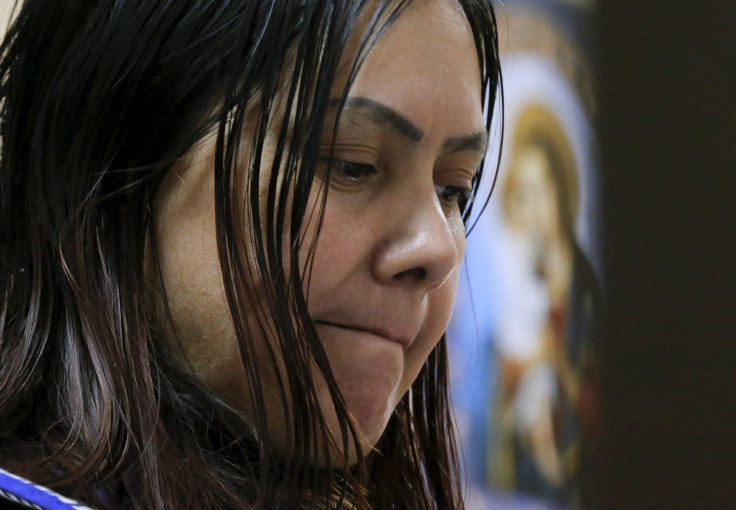Moscow Beheading Update: Muslim Nanny Cites Revenge For Syria Airstrikes

A nanny who was arrested Monday near the entrance of a Moscow subway system while brandishing the severed head of a 4-year-old girl said her actions were to avenge Russian airstrikes in Syria. Officials, however, maintain anything said by Gulchekhra Bobokulova, 38, of Uzbekistan should be interpreted as coming from someone who is mentally ill, Reuters reported.
“I took revenge against those who spilled blood,” Bobokulova said in a video circulated online, responding to someone off camera. “Putin spilled blood, planes carried out bombings. Why are Muslims being killed? They also want to live.”
Witnesses said Bobokulova was yelling the Arabic phrase “Allahu Akbar,” which translates as “God is great.” In the recently surfaced video, she said she wanted to leave for Syria but did not have the financial capacity to make the journey. She was reportedly found with two contacts on her phone with links to an “international extremist group.” Investigators publicly offered no mention of terrorist ties and instead said people suffering from mental illness frequently offer reasons for their actions that do not align with reality.
“You need to regard anything that such a deranged woman says accordingly,” said Dmitry Peskov, a government spokesman.
Moscow has been engaged in an aggressive airstrike campaign in Syria since late September. Although Russian forces have targeted rebels fighting Syrian leader Bashar Assad’s government, including some backed by the West, it also has struck Islamic State group targets. Russia has become a target of the extremist group, also known as ISIS, in recent months. In October, a Russian airliner was brought down in Egypt, killing all 224 people on board. An ISIS-affiliated group operating in the Sinai claimed responsibility for the attack.
Russia has also faced a protracted Muslim insurgency in the North Caucasus for decades, and Moscow has been a target of terrorist attacks in the past. It is not uncommon for migrant laborers from Uzbekistan and elsewhere in Muslim-majority Central Asia to live and work in Moscow.
© Copyright IBTimes 2024. All rights reserved.












